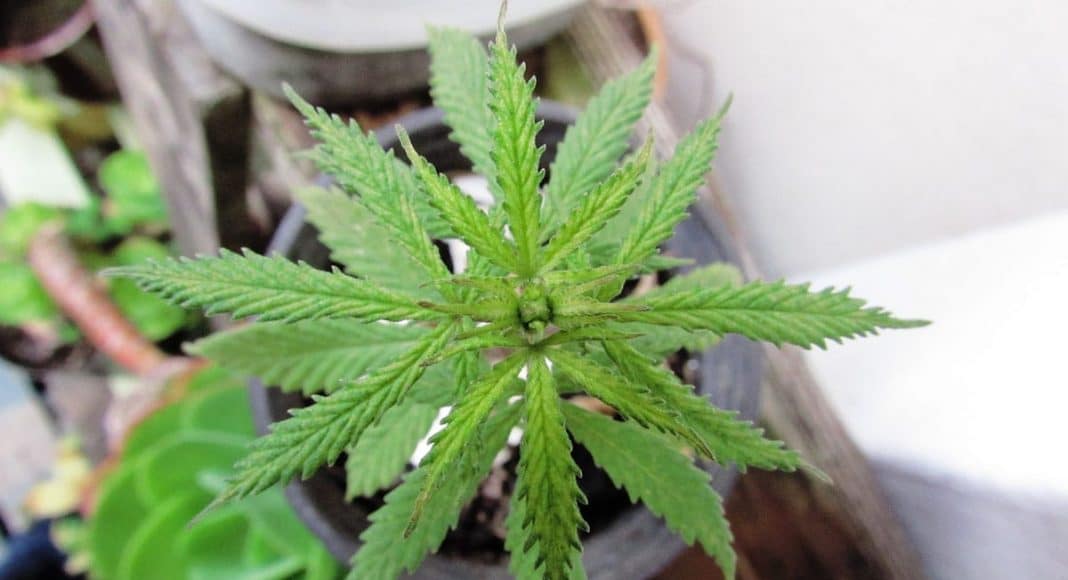Unlike other states with recreational cannabis, Washington does not allow for home cultivation of recreational cannabis. However, that could change soon as SB 5131 requires the Washington State Liquor and Cannabis Board (LCB) to study the viability of home cultivation.
The LCB will hold a public hearing on October 4 on whether the State should allow home grows of recreational marijuana. (If you live in the state, written public comments may be submitted through October 11 at rules@lcb.wa.gov or hard copy at PO Box 43080, Olympia, WA 98504.)
The LCB must consider home cultivation in light of the Cole Memorandum, the Obama-era policy statement from the Department of Justice that tacitly permits states to legalize marijuana so long as those states enact strong and effective regulations. The Cole Memo outlines eight enforcement priorities:
- Preventing the distribution of marijuana to minors;
- Preventing revenue from the sale of marijuana from going to criminal enterprises, gangs, and cartels;
- Preventing the diversion of marijuana from states where it is legal under state law in some form to other states;
- Preventing state-authorized marijuana activity from being used as a cover or pretext for the trafficking of other illegal drugs or other illegal activity;
- Preventing violence and the use of firearms in the cultivation and distribution of marijuana;
- Preventing drugged driving and the exacerbation of other adverse public health consequences associated with marijuana use;
- Preventing the growing of marijuana on public lands and the attendant public safety and environmental dangers posed by marijuana production on public lands; and
- Preventing marijuana possession or use on federal property.
The LCB has opposed home cultivation in the past. In 2015, Washington lawmakers considered a bill that would have allowed cultivation of up to six cannabis plants. In response, the LCB sent a letter outlining the Board’s concern that unregulated home grows would increase the occurrence of all eight enforcement priorities outlined in the Cole Memo.
-
Related Story: Colorado To Clamp Down On Marijuana Home Grows
The LCB worries that home cultivation will lead to diversion. Washington producer, processors, transporters, researchers, and retailers must all use “seed-to-sale” traceability software. As the name suggests, a cannabis plant is monitored throughout its life to prevent cannabis from being diverted to other states, to minors, or to the black market.
The LCB is seeking public input on three proposed options:
- Tightly Regulated Recreational Marijuana Home Grows
This option would impose a strict regulatory framework. Home cultivators would need a permit to grow legally. Permit holders could then purchase plants from licensed producers. Each household would be allowed four plants and all plants would be tracked in the same traceability system used to monitor commercially grown cannabis. The LCB would impose requirements to ensure security, preventing youth access, and preventing diversion. Both the LCB and local authorities would monitor home grows. Cannabis processing would be subject to the same restrictions as apply to medical cannabis (e.g., no combustible processing). - Local Control Of Recreational Marijuana Home Grows
Like Option One, this option would require a permit, require safeguards to prevent diversion, limit each household to four plants, and allow permit holders to purchase plants from producers. Option Two would not require home cultivators to use the State’s traceability system. It also would give greater authority to local jurisdictions to create more restrictions and to authorize, control, and enforce the home grown program. - Recreational Home Grows Are Prohibited
The third option is to maintain the status quo and prohibit home cultivation.
The LCB must report its findings to Washington’s legislature by December 1. Lawmakers provided the LCB with no additional funds, meaning the Board must conduct its study without expanding its budget. There is no guarantee that anything changes but this is could be the beginning of recreational home cultivation in Washington.
Daniel Shortt is an attorney at Harris Bricken, a law firm with lawyers in Seattle, Portland, Los Angeles, San Francisco, Barcelona, and Beijing. This story was originally published on the Canna Law Blog.


